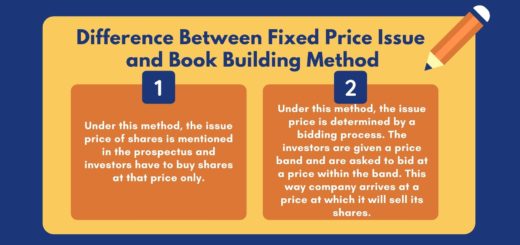Types of Demand Elasticity | Free Economic Blogs
Table of Contents
Types of Demand Elasticity

Concept of Elasticity of Demand
The term elasticity indicates the responsiveness of one variable to a change in the other variable. The elasticity of demand refers to the degree of responsiveness of quantity demanded to a change in its price or any other factor.
According to Prof. Marshall, “Elasticity of demand is great or small according to the amount demanded which rises much or little for a given fall in price and quantity demanded falls much or little for a given rise in price.”
It is clear from the above definition that elasticity of demand is a technical term that describes the responsiveness of change in quantity demanded to fall or rise in its price. In other words, it is the ratio of percentage change in quantity demanded of a commodity to a percentage change in price.
- Microeconomic Definition | Historical Review of Microeconomics
- Scope Or Nature of Microeconomics
- Features of Microeconomics
- Importance of Microeconomics
Types of Demand Elasticity
1) Income elasticity
It refers to the degree of responsiveness of a change in quantity demanded to a change in the income only, other factors including price remain unchanged.
It is expressed as :
Ey = Percentage change in Qty. Demanded / Percentage change in Income
Symbolically,
Ey =%▲Q / % ▲Y
Where,
▲ = Represents change
Q = Orignal demand
Y = Orignal income
▲Q = Change in quantity demanded
▲Y = Change in the income of a consumer
2) Cross elasticity
It refers to a change in the quantity demanded of one commodity due to a change in the price of other commodities. (Complementary goods or substitutes)
Ec = Percentage change in Qty. demanded of A / Percentage change in Price of B
(A = Original commodity, B = Other commodity)
Symbolically,
Ec =%▲QA / % ▲PB
Where,
QA = Original quantity demanded of commodity A
▲QA = Change in quantity demanded of commodity A
PB = Original price of commodity B
▲PB = Change in price of commodity B
3) Price elasticity
According to Prof. Alfred Marshall, price elasticity of demand is a ratio of proportionate change in the quantity demanded of a commodity to a given proportionate change in its price.
Ed = Percentage change in Quantity Demanded / Percentage change in Price
Symbolically,
Ed =%▲Q / % ▲P
Where,
Q = Original quantity demanded
▲Q = Change in quantity demanded
P = Original price
▲P = Change in price


